Laibach - So Long, Farewell (2019)
5m
Running Time
March 15, 2019Release Date
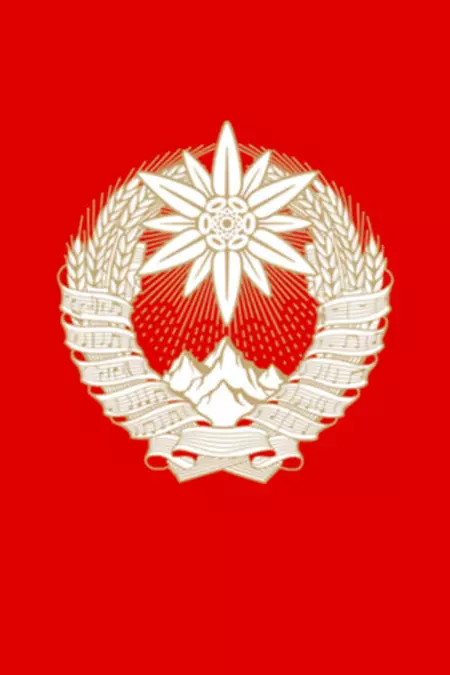
Laibach - So Long, Farewell (2019)
5m
Running Time
March 15, 2019Release Date
Plot.
Video short film for So Long, Farewell from Laibach from the album "The Sound of Music".
Where to Watch.
No streaming offers found
Cast & Crew.

Marina Martensson
Mother / Casting Director

Milan Fras
Mother Superior

Ivan Jani Novak
Father

Emil Zimmermann
Edelweiss choir

Lotta Zimmermann
Edelweiss choir

Ole Zimmermann
Edelweiss choir

Viktoria Hesseling
Edelweiss choir

Ana Damij
Edelweiss choir

Tatiana Smirnova
Edelweiss choir

Zoya Kogej
Edelweiss choir

Yana Gucic Soriana Lira
Edelweiss choir

Tenej Skralovnik Vrcon
Little Laibach

Erik Kadunc Senegacnik
Drummer boy

Marilena Lofino
Production Designer

Lev Predan Kowarski
Director of Photography

Erik Margan
Visual Effects

Andraž Kadunc
Assistant Director

Lukas Miheljak
Editor
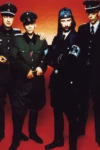
Laibach
Songs / Writer

Sonja Zavrtanik
Catering Head Chef

Robert Štamcar
Makeup & Hair

Adela Stopar
Makeup Artist

Drago Jarič
Gaffer

Igor Zupe
Director / Writer

Nastja Kotnik Minik
Production Design

Fran Sokolič
Color Grading

Vesna Mirtelj
Wardrobe Master

Marko Turel
Sound Designer

Marco Juratovec
Production Design
Media.

Details.
This Movie Is About.
farewell
nsk
laibach
videoclip
the sound of music
You May Also Like.
Look at the other titles that might be interesting for you
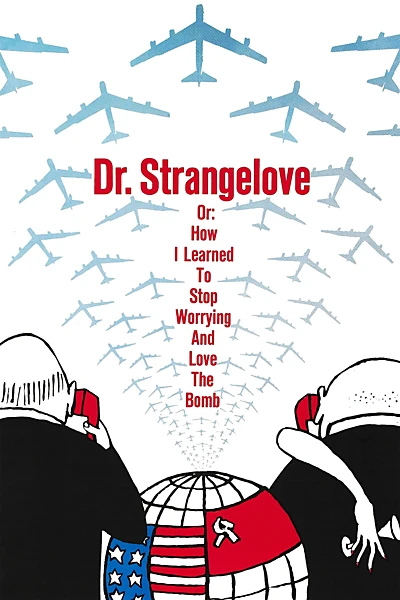
Dr. Strangelove or: How I Learned to Stop Worrying and Love the Bomb (1964)
Movie
8.5

The Sacrifice (1986)
Movie
4.67
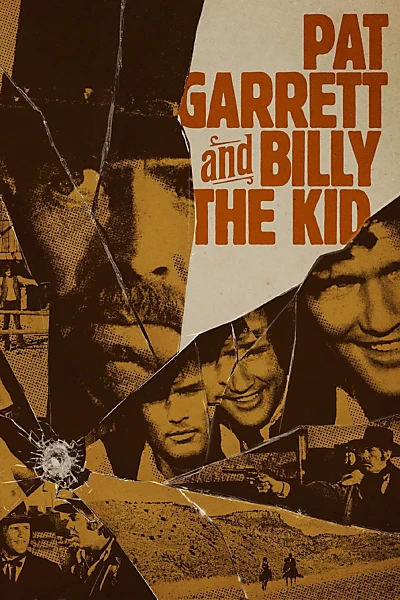
Pat Garrett & Billy the Kid (1973)
Movie
6
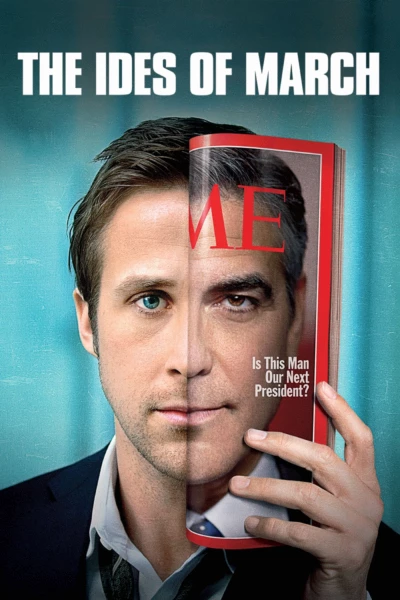
The Ides of March (2011)
Movie
6.5
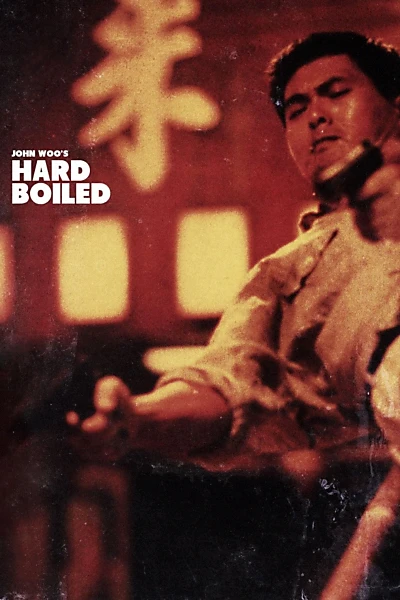
Hard Boiled (1992)
Movie
4.25
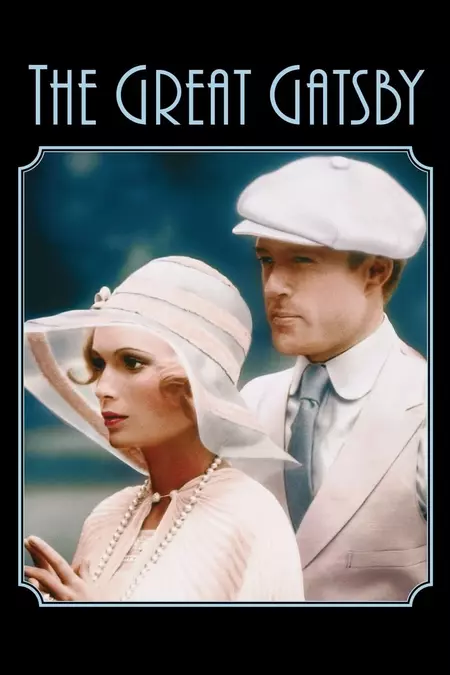
The Great Gatsby (1974)
Movie
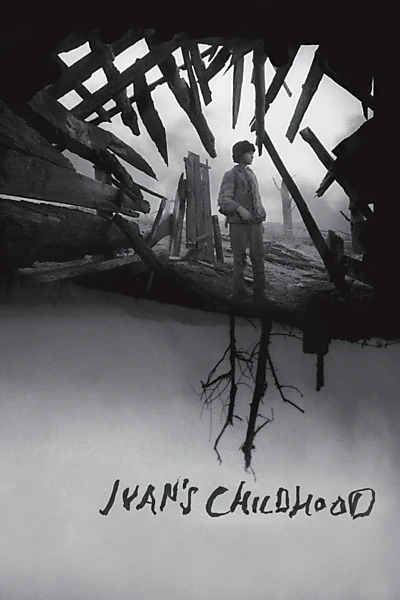
Ivan's Childhood (1962)
Movie
4.25
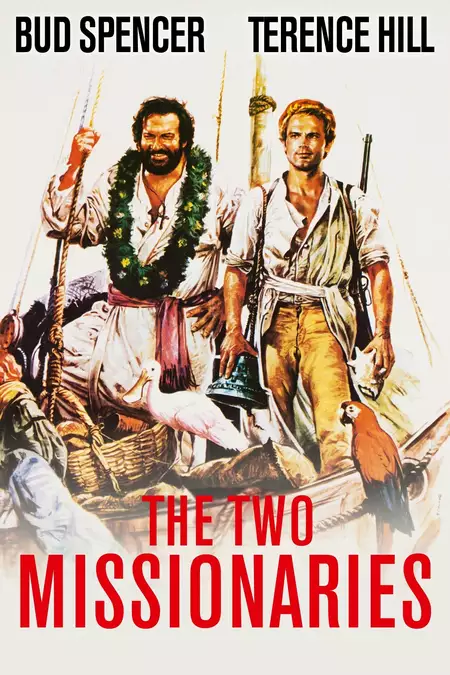
The Two Missionaries (1974)
Movie
6

Recep Ivedik 2 (2009)
Movie
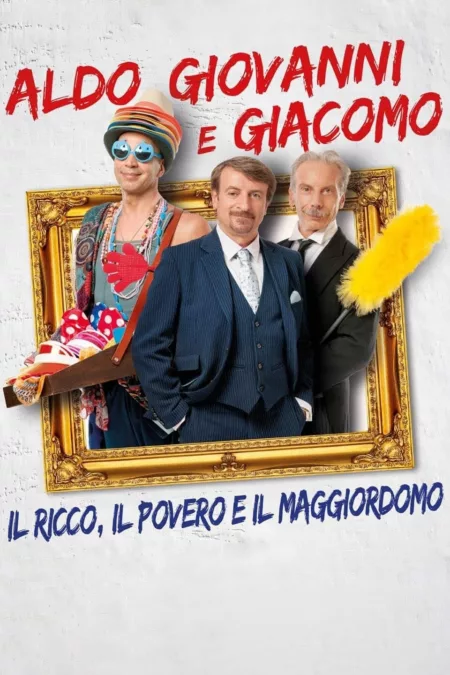
The Rich, the Pauper and the Butler (2014)
Movie
2
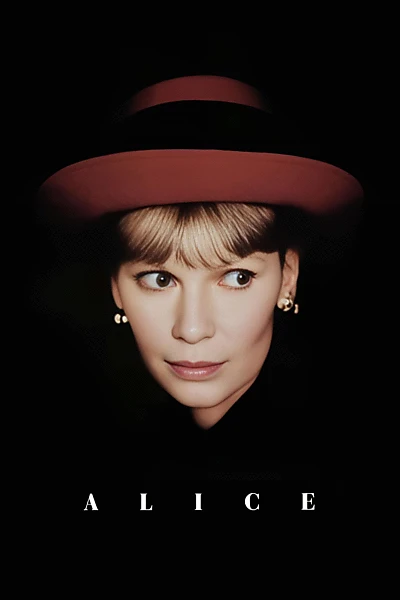
Alice (1990)
Movie
4
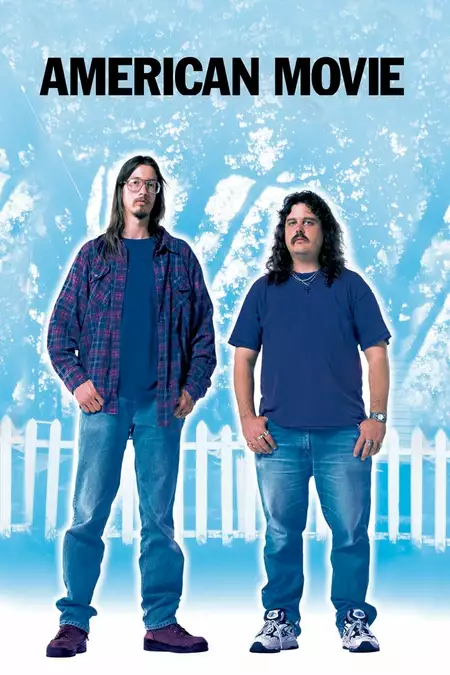
American Movie (1999)
Movie
6
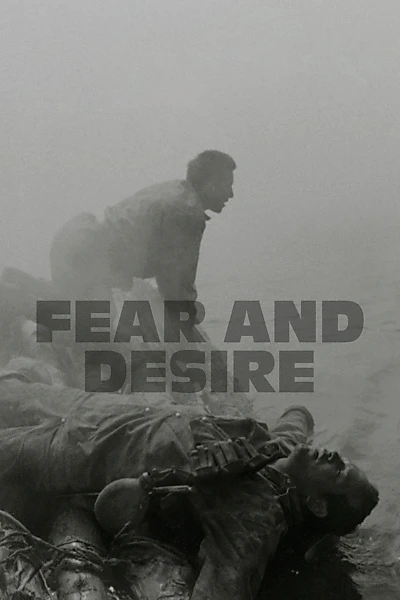
Fear and Desire (1953)
Movie

Climates (2006)
Movie
3.5
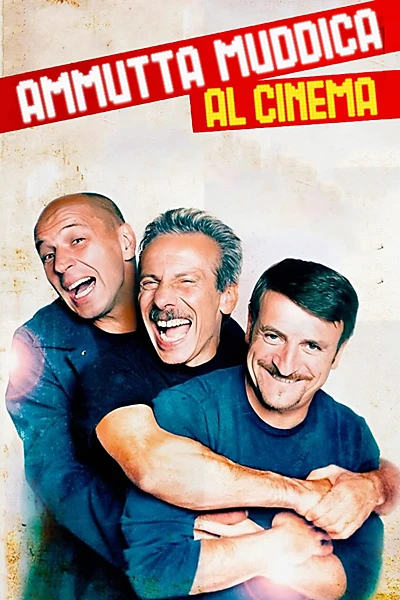
Ammutta muddica al cinema (2013)
Movie

Doctor Who: The Husbands of River Song (2015)
Movie
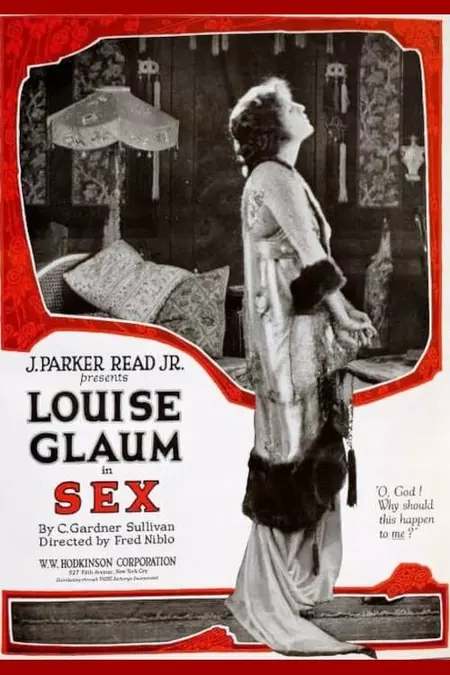
Sex (1920)
Movie
9
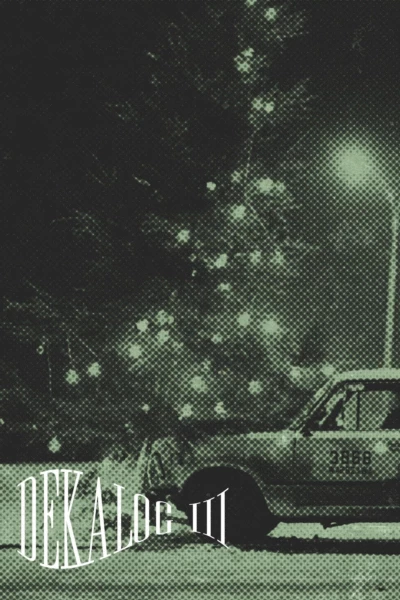
Decalogue III (1989)
Movie

Cherrie - ut ur mörkret (2018)
Movie
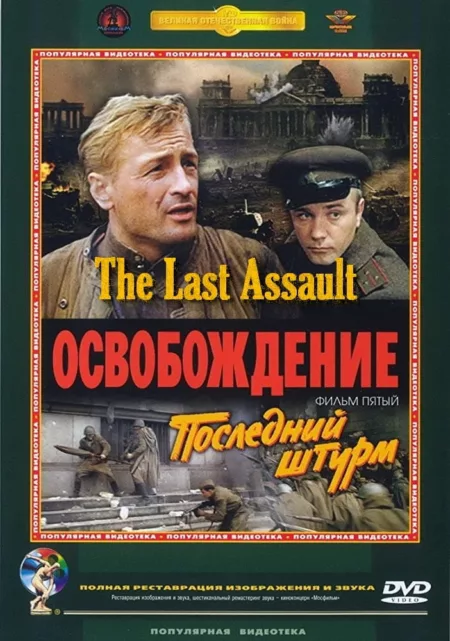
Liberation: The Last Assault (1971)
Movie